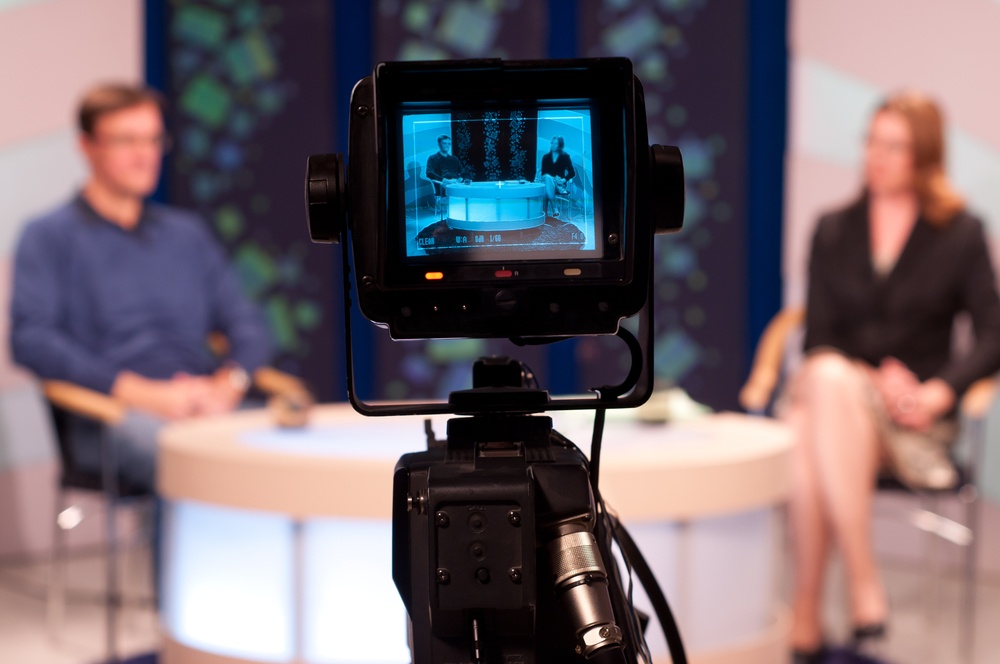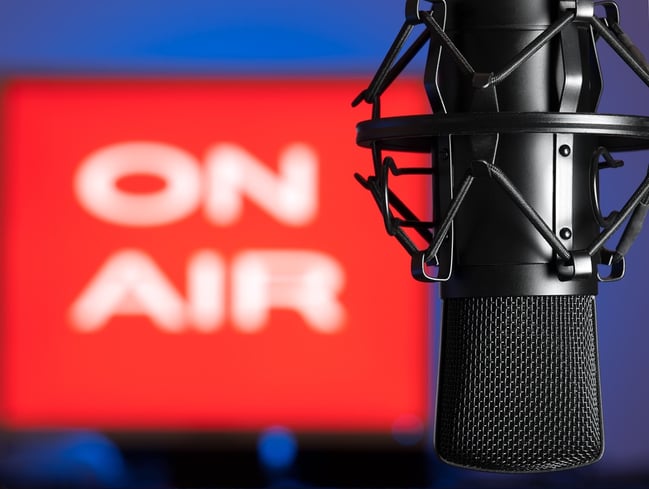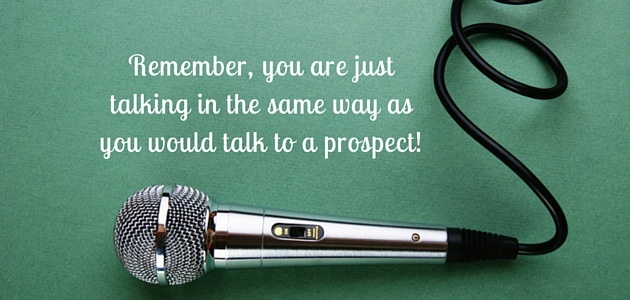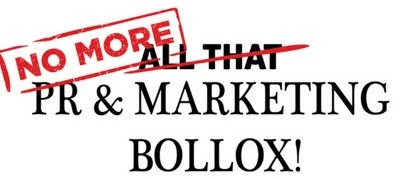

So, you’ve received an interview request from a journalist, done your preparation, and now it’s time to sit down on the phone, in person, or on Skype to deliver. Feeling nervous? Don’t.
The best way to approach any media interview is relaxed and well prepared. Remember, you are just talking in the same way as you would talk to a prospect.Your company is your specialist topic, you know your products and you know your industry, so simply deliver your knowledge directly and factually (but never, ever sound salesy!).
Journalists love concrete facts, so deliver as many of these as you can. In addition, when you’re giving them your opinions based around the business, it’s important to also explain the thought processes that led you there. Don’t just give conclusions or sweeping statements, as journalists will expect an explanation of the basis for those opinions.
Keep it informed, but short
Another thing that journalists love is a concise and direct response. Remember, they have to take all the information you’ve given them and distil it down to a couple of quotes, usually while on deadline. Don’t talk away forever, don’t sound as if you’re reading from a script, and don’t waffle! It’s also very important not to use acronyms. These rarely make it into a piece, so the more you use them, the less likely you’ll be quoted. Instead of acronyms, don’t be afraid of using emotional language; passionate people get quoted—and you want to be quoted!
That said, there are some common pitfalls
Never lie or deliberately mislead—you may get caught—but bear in mind you don’t have to tell everything. Avoid speaking about financials that are not contained in the annual report, customers that have not been given permission to be mentioned in the press, and non-public information about acquisitions etc. If the journalist asks you a question or for a specific figure you’d rather not share, simply say “I’m not willing to make that public, but what I will tell you is…” This tactic is known as “bridging” and essentially means moving the conversation away from where you don’t want it to be to where you do. Saying phrases like “That’s a great question, before I answer that can I just explain that..” or “I am not surprised that you ask that but surely the key question is whether the…” are good ways to reframe the conversation if you feel it’s getting off track.
It's ok to not know the answer to a detailed question or provide a specific figure
Just acknowledge it, make a note and explain that you will get back to them with an answer shortly over email. But equally, beware of saying “well I’ll answer that—but only off the record.” In general, there is no such thing as ‘off the record’. Always assume that all comments are ‘on the record’ and only say things which you are happy to be published in the press.

How to approach questions about competitors
When it comes to being asked about your competitors, do not comment critically about them in your media interview – it is not good practice and will not read well in print or online. But equally, don’t tell them that you don’t have any, as the absence of competition in a sector can sound unrealistic or arrogant.
When the interview is wrapping up, go through a mental checklist: you’ve covered your three key points, you have a list of things to follow up and send to the journalist, you have their contact details, and you’ve asked them if there’s anything else they’re working on at present that you could be helpful with.
And even when the main line of questioning appears to be over, always be aware of the last question (Remember the detective, Columbo?) That “just one more” question that is very often the headline they were after! Don’t relax until it’s over.
A few more etiquette notes
If you are meeting face to face then it is acceptable for you to have a glass of something (wine or perhaps a beer) with the journalist. But be careful, a drink always makes you bolder, be sensible. If you’ve reached out to the journalist yourself, it’s important that you pay for lunch or the drink, so come prepared.
If you’re appearing on TV or radio, arrive early to avoid looking or feeling flustered. For TV always accept make up if offered and make sure you’ve dressed for the occasion by matching your interviewer. Don’t ever look at the camera, instead try to imagine they are not there – many modern newsrooms do not have cameramen or cameras you can see. Speak to and look at the person who is interviewing you and maintain your eye contact with them even if they look down at their notes. And most of all—be yourself!!
Tip #21: Approach an interview with a journalist as you would any prospect—you are an authority on your company and industry, so relax and deliver quality information.
If you'd like to receive the latest 'All that PR & Marketing Bollox...Explained!' straight to your inbox every week, you can subscribe below.





Submit a Comment